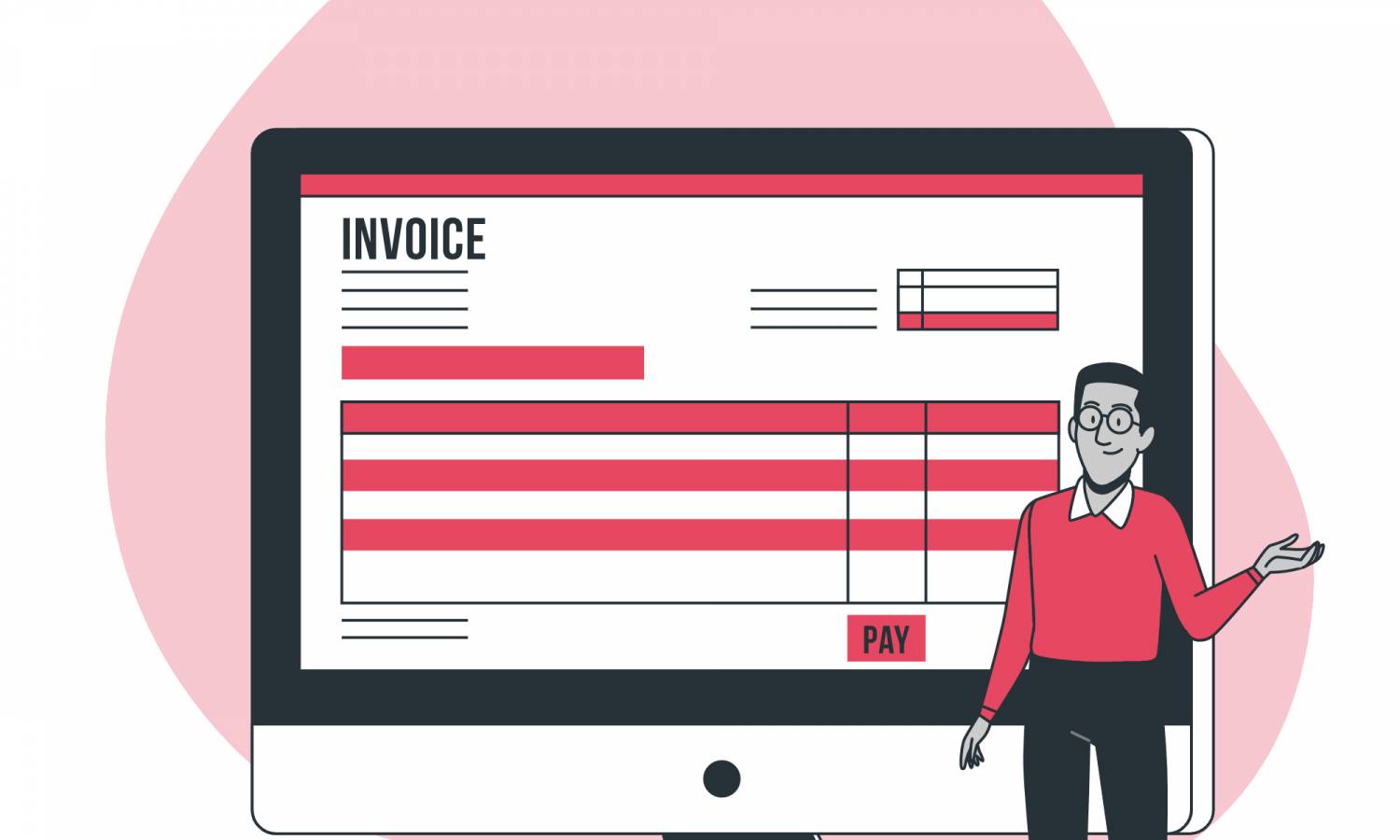
What To Do When Struggling To Pay a Mortgage: 4 Main Solutions
Following the recent interest rate increases and rising living costs, we gather 4 main ways to avoid failed mortgage payments.
Rising costs of living are real and affect our finance. Some begin to compromise on their shopping lists, while homeowners might find it challenging to cover their next mortgage payment. What can they do?
Contact Your Lender
If you think you cannot afford your next mortgage payment, contacting a lender is the most sensible thing to do. They will always try to sort out financial difficulties their clients might have.

What is critical here is contacting a lender before missing a payment because it means much more options. So getting in touch with a lender as soon as you feel you might miss a payment is a sensible move.
Can You Lose a Home?
Losing a property is perhaps the worst fear of a homeowner. But repossessing a home is typically the last option any lender wants.
Instead, lenders will work with you together and try to find a solution to make your mortgage payment more affordable.
How To Prepare Before Contacting a Lender?
Obviously, you will need your mortgage and account details when contacting a lender. It will speed up the process of finding you in the system.
A sensible thing to do is budget before making a call. A budget allows you to see how much money you earn and spend monthly and what is your affordability at the moment. You could also find where you can slightly cut back to have more funds to deal with a mortgage.

Having a clear budget will help you find the most suitable solution when talking with a lender.
What Is a Mortgage Payment Holiday?
Back in 2020, when the pandemic hit, lenders implemented mortgage payment holidays for borrowers. The scheme allowed struggling homeowners to postpone mortgage payments for up to 6 months.
The scheme has ended and has not been replaced by another initiative. However, some lenders can still offer mortgage payments holidays on an individual basis.
So what are the options lenders offer for those homeowners struggling to cover their next mortgage payment now?
Option #1 – Extend The Mortgage Term
In a nutshell, a mortgage term is a duration over which you will repay your mortgage. Longer terms mean smaller monthly payments but more interest paid over the mortgage term. You can get the gist by using simple mortgage calculators available online.

So increasing a mortgage term is a sensible solution when struggling to repay as it will decrease the monthly payments. For instance, increasing a term from 20 to 30 years for a £200k mortgage (2% interest rate) lowers the monthly payments from around £1,000 to £740.
The key advantage of this option is that you are still repaying your mortgage, which is the ultimate goal. The obvious downside is the increased term and more interest paid over the total duration of a mortgage.
Option #2 – Going For Interest-Only Mortgage
A typical mortgage means you are repaying a debt plus interest, depending on the rate. Changing to an interest-only mortgage means you will only pay the interest but not the actual debt. Doing this reduces the monthly payments dramatically.

This option is advantageous for those with temporarily income struggles because it will significantly decrease the amount of monthly payments. For instance, changing a mortgage to interest-only will lower the payments for a 200k mortgage (2% rate, 25 years repayment term) from £854 to £333.
Typically, lenders offer to switch to an interest-only option for a limited time as you will not be repaying the actual debt. It is a decent short-term respite to get back on your feet, but you will still need to find a way to repay the mortgage later.
Option #3 – Mortgage Repayments Deferment
It is possible to defer mortgage payments at all for a short time. Generally, lenders allow 2- or 3-month deferments.

During this time, you are free of mortgage repayments. However, they will add up to the future monthly payments until you cover them. Typically, it takes 1 or 2 years to cover such repayments.
Option #4 – Mortgage Payment Holidays
You can request a payment holiday from your lender. Typically, it lasts 2 or 3 months. The unpaid interest will be added to the overall debt that you owe.
A mortgage payment holiday is a decent option for those who lost a job or experienced a sudden drop in income. It gives time to get back on the feet and continue to repay a mortgage.

Generally, lenders do not offer holidays longer than 3 months, and they want to be confident that you will be able to repay after the holiday ends.
You will need to cover the skipped payments at a later stage.
Mortgage Repayment FAQ
Are There Penalties Associated With The Options?
Taking out any of the four options described above won’t result in any penalties. Charging fees for someone struggling to repay a mortgage is the last thing lenders want.

However, penalties are applied when you miss a payment without reaching out to your lender. As such, make sure to contact a lender and keep them up to date in case of struggles.
Will This Impact a Credit Score?
Unfortunately, mortgage payment holidays might impact a credit score. And this has nothing to do with lenders – it is just that credit reference agencies will see that you skipped a scheduled monthly payment.
All this might make it more challenging to borrow funds over the short term. But for someone who is struggling with a current mortgage, this seems like a minor downside. There are several ways to improve a credit score once you have sorted out your finance and got back on your feet.




